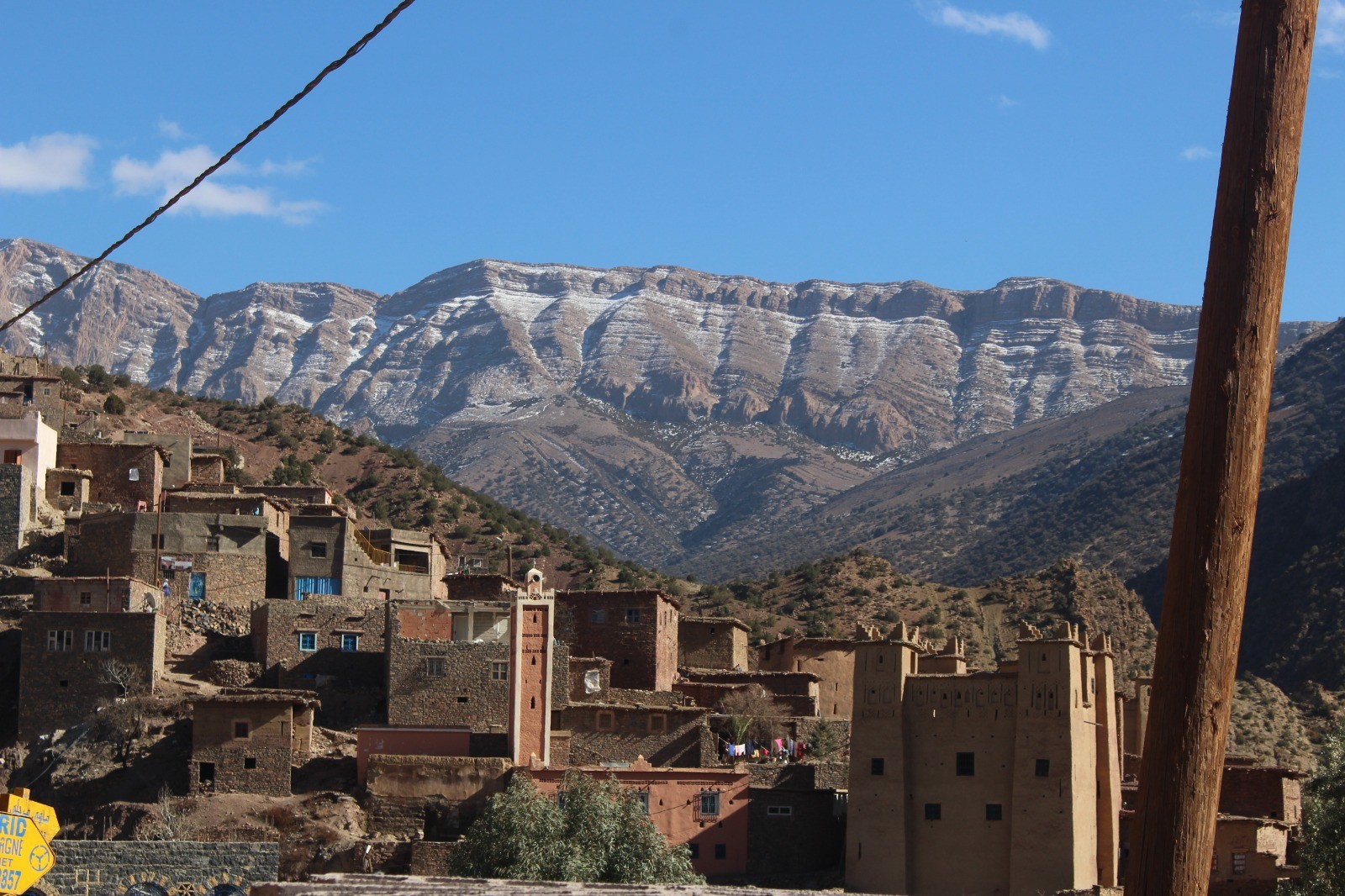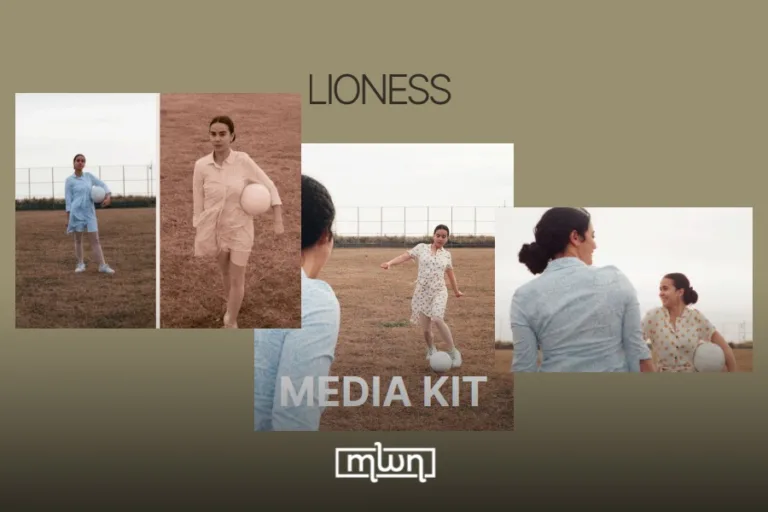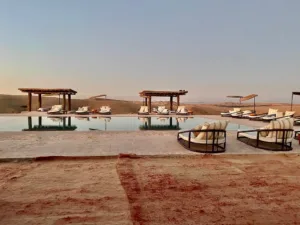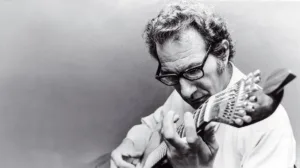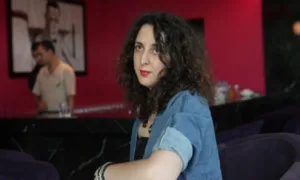The town of Zawiya Ahansal
The town of Zawiya Ahansal is located deep in the Central High Atlas Mountains. The legend of the town’s discovery explains that it was founded in the 12th century when Islamic Scholar Sidi Said Ahansal spotted the location when his cat jumped off his donkey at the exact location of where the town is today. In Arabic, zawiya can be literally translated as “corner” but can also describe places where people have settled and lived.
The shrine of Sidi Said Ahansal is currently resting in the village cemetery where the town hosts an annual festival in honor of Sidi Said Ahansal.
These shrines have become important buildings in the town for people to practice religion. The Zawiyas are commonly associated with Sufism, a mystical branch of Islam, which can provide ways for people to find a more personal connection with God.
Other towns in Morocco have shrines built in dedication to these people who sometimes were the descendants of the Prophet Muhammad or influential scholars. People living in these towns will go to these shrines and pray to heal sick family members and to practice meditation.
Because of the social influence, these Zawiyas have had an important impact on the spread of Sufism in Morocco both socially and politically. Sometimes the Zawiays will be places where community events are held and where people can network spiritually, socially and politically. Zawiyas are used as a physical representation of Sufi life and the presence of religion in town.
Nowadays the land settled by Ahansal has become a lively town with people and local organizations working to preserve Amazigh culture through immersive experiences. Over the weekend I had the chance to talk to a local tour guide, Essaid Ait Lahcen about his work and experience living in the area.
Meet Said Ait Lahcen
Ait Lahcen grew up in a village that was much like Zawiya Ahansal and although he did not have running water or electricity, he was happy. He reminisced on his time swimming in the river and playing football with friends till late at night. At this point, he was unaware of what he wanted to do for work.
It was not until he was in university that he started to think about what he was looking for in life. At this time he studied classical Arabic in Beni-Mellal while working for the military. His work in the military helped him pay for college and also kept him physically fit.
During his time in the military, he was meeting people in remote villages and assisted them with their needs. This was when he first discovered that helping others was the plan that God had made for him, which he described as tawakkul.
Once he graduated from university he worked at a Moroccan organization as a supervisor overseeing logistics, transportation, and other issues they may have encountered. He said at first it was hard work, but his eagerness to learn fueled his passion and gave him the strength to overcome difficulties.
“You must try to live your life through pain and go on and enjoy it,” Ait Lahcen said.
After, he picked up a job working as a school teacher, helping students learn a language. This was when he learned about patience and how precious time is. He said that if he could go back to when he was a student he would pay more attention in class and appreciate the dedication his teachers were putting in.
In 2017, he received his mountain guide permit where he has been working since. Through his time as a mountain guide, he has found many similarities between his teaching career and his new job. No matter the nationality or personality of the people he is always finding ways to effectively communicate between language and cultural boundaries. But not only are they learning from him, but he is also learning from them.
He recalls times when he has met with students studying abroad where he has been able to introduce them to local food and cultural activities like games and dance. But he has also learned from them how to ask questions and go beyond what is on the surface.
Throughout all his jobs he is incredibly grateful for everyone he has met along the way and continues to work on making each day better than the last for everyone in his life.
“To be thankful is not enough, we must fight to do something good for those who have helped us,” Ait Lahcen said.
Ait Lahcen said that throughout his life he has learned “be like water” ready to fill any position that is needed. His adaptability has made him able to enjoy every moment he has whether it be in the classroom, on the trails, or in life.

